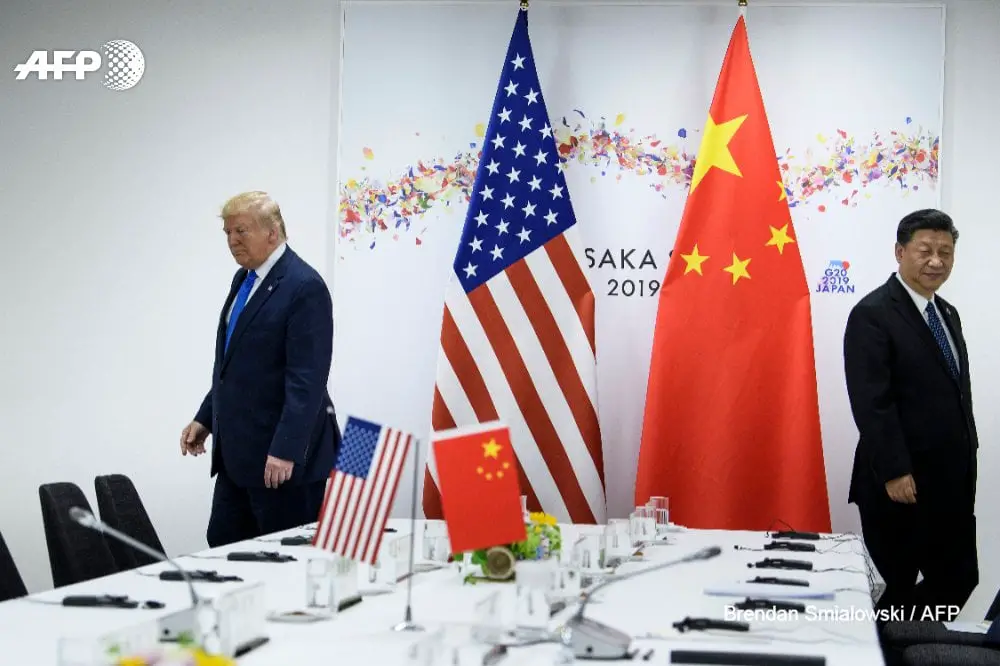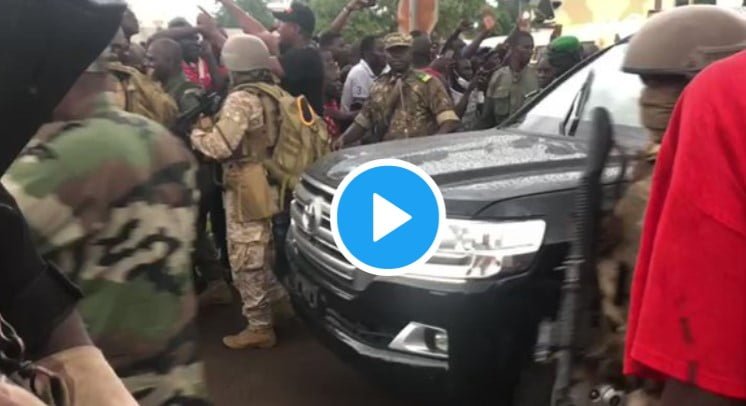
Protests in Zimbabwe started on 14 January 2019 following a 130% increase in the price of fuel imposed by the government. Hundreds of thousands of Zimbabweans protested the price increase, along with increasing levels of poverty,slow economic growth, and declining standards of living. The government has responded with a coordinated crackdown that resulted in hundreds of arrests and multiple deaths.
The protest has seen more than 600 hundred protestors arrested as violence continues to rock the streets in the cities of Harare and Bulawayo.
In its latest attempt to curb fuel hike and anti-government protests, Zimbabwean government has ordered largest mobile network operator Econet Wireless to “Totally shut down” the internet thereby denying its citizens access to information online..
“We were served with another directive for total shutdown of the internet until further notice,” Econet, the country’s biggest provider, said on Friday.
The shutdown faces a court challenge from the giant telco company and Zimbabwe Lawyers for Human Rights.
“Our lawyers advised we are required to comply with the directive pending the courts decision on its legality. The earlier directives are already the subject of a pending High Court Application. We sincerely apologize for all inconvenience caused by the acts of government which are beyond our reasonable control.”
Addressing journalists at a press conference in South Africa Thursday, Dewa Mavhinga, Southern Africa Director with the Africa Division at Human Rights Watch, described the Zimbabwe government’s actions as far as shutting down the internet and deploying troops to curtail protests, as unprecedented.
The European Union in a statement late on Thursday noted the “disproportionate use of force by security personnel” and urged that internet service be restored immediately.

















































